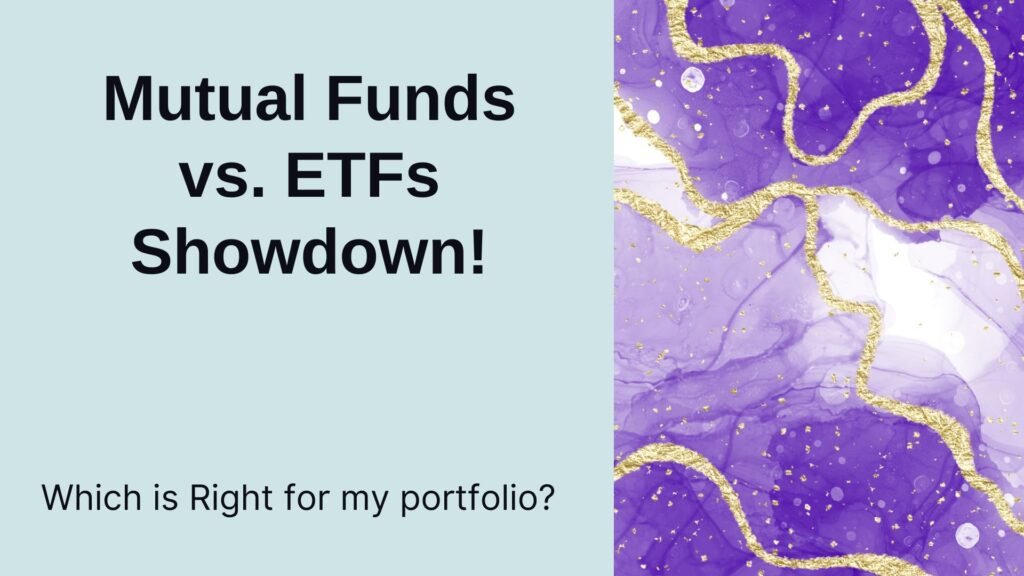What’s the Difference?
A mutual fund is a pooled investment, with a specific investment objective, managed by professional portfolio managers that allow investors to access a diversified portfolio of investments (stocks, bonds, or other securities). Unlike individual stocks or Electronically Traded Funds whose price fluctuates during the trading session, mutual funds set their price after the close of the markets and is based on the Net Asset Value (NAV) of the portfolio.
Mutual Funds are popular investment vehicles for retirement accounts via 401(k) employer programs where the investor puts a portion of their earnings in the fund each pay period and the employer often matches some portion of the employee’s pre-tax contribution.

Mutual Funds tend to be actively managed and as a result, often have higher custodial fees than Electronically Traded Funds (ETF). These fees do eat away at the annual growth of your investment.
Exchange Traded Funds (ETFs) are similar to Mutual Funds in that they are a pooled investment security that trades like a company stock. They are flexible in that they can invest in a variety of different investment vehicles:
- Various Indices (Dow Jones Industrials, S&P 500, Nasdaq, etc.),
- Bonds – pays income, but unlike investing in bonds directly there is no maturity date.
- Specific Stock Sectors – Tech, Consumer Goods, Insurance, etc.
- Commodities – Crude Oil, precious metals, etc.
- Currencies
- Crypto Currencies
- Derivatives – funds built on options and futures to focus on market movement and even income. We like the Yield Max Option Income strategy ETF series of funds. Earn monthly dividend income. i.e. (YieldMax AAPL Option Income Strategy ETF, tracking Apple stock trends via Options).
To Compare:
| Feature | ETFs | Mutual Funds | Individual Stocks |
|---|---|---|---|
| Fee Structure | AVG Expense Ratio: 0.15% | AVG Expense Ratio: 0.42% | Commission $0 to $5 |
| Trading | Traded at market value throughout the trading day (and after hours) | Traded after market close based on NAV. | Traded at market value throughout the trading day (and after hours) |
| Diversified? | Yes | Yes | No |
Conclusion
The table above shows the relative cost of including various investment vehicles. ETFs overall will cost you less to own, but if a Mutual Fund is doing well and you believe in their vision that fractional percentage may be well worth it.
Buying your own stocks leaves you in the driver’s seat and that appeals to a lot of investors. Just remember to not put all your eggs in one basket!

